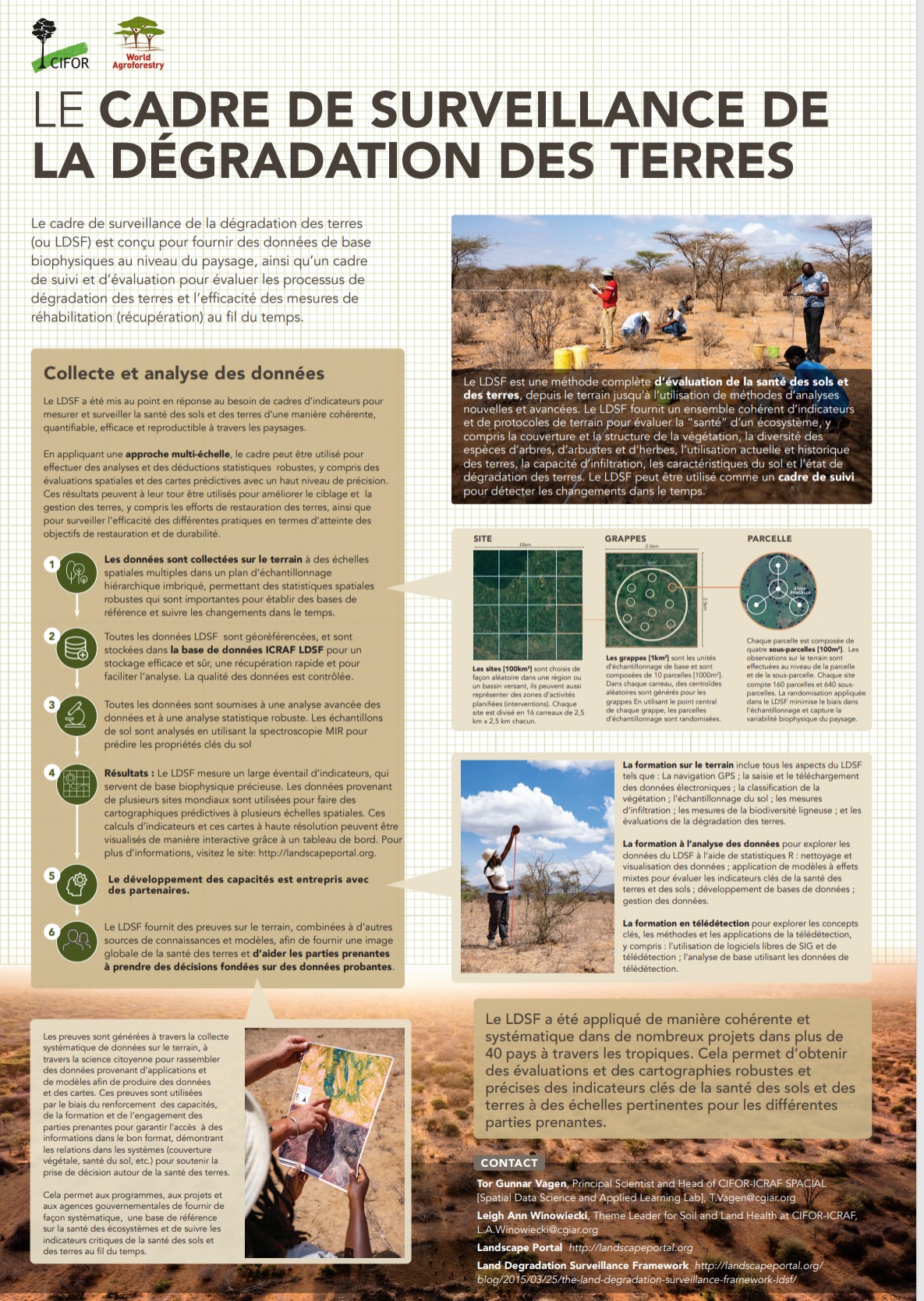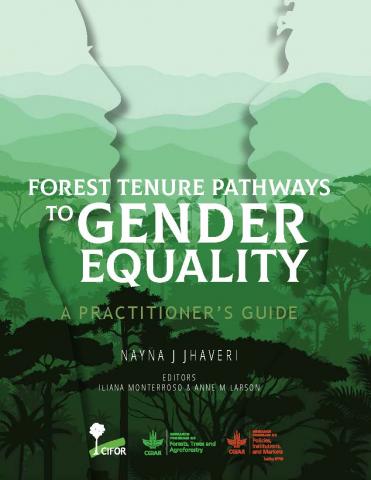Focal point
Location
The Center for International Forestry Research (CIFOR) is a non-profit, scientific facility that conducts research on the most pressing challenges of forest and landscapes management around the world. With our global, multidisciplinary approach, we aim to improve human well-being, protect the environment, and increase equity. To do so, we help policymakers, practitioners and communities make decisions based on solid science about how they use and manage their forests and landscapes.
Capacity building, collaboration and partnerships are essential to finding and implementing innovative solutions to the challenges that the globe faces. We are proud to work with local and international partners. We are a member of the CGIAR Consortium and lead the CGIAR Research Program on Forests, Trees and Agroforestry.
Our headquarters are in Bogor, Indonesia. We have offices in 8 countries across Asia, Latin America and Africa, and we work in more than 30 countries. Contact us for more information.
Resources
Displaying 11 - 15 of 808Le cadre de surveillance de la dégradation des terres
Le cadre de surveillance de la dégradation des terres (ou LDSF) est conçu pour fournir des données de base biophysiques au niveau du paysage, ainsi qu’un cadre de suivi et d’évaluation pour évaluer les processus de dégradation des terres et l’efficacité des mesures de réhabilitation (récupération) au fil du temps.
Les impacts de l’APV-FLEGT: Synthèse des resultats dans sept pays
La présente étude constitue une synthèse des données qualitatives et quantitatives des impacts de l’accord de partenariat volontaire (APV) UE-FLEGT dans sept pays : le Cameroun, le Ghana, l’Indonésie, la République du Congo, la Côte d’Ivoire, le Guyana et le Honduras. Ces pays se situent à différents stades du processus APV, entre négociation, mise en oeuvre et obtention des licences FLEGT (Application des réglementations forestières, gouvernance et échanges commerciaux).
Forest tenure pathways to gender equality: A practitioner’s guide
This practitioner’s guide explains how to promote gender-responsive forest tenure reform in community-based forest regimes. It is aimed at those taking up this challenge in developing countries. There is no one single approach to reforming forest tenure practices for achieving gender equality and women’s empowerment. Rather, it involves taking advantage of opportunities that emerge in various institutional arenas such as policy and law-making and implementation, government administration, customary or community-based tenure governance, or forest restoration at the landscape scale.
La tenure foncière coutumière des pâturages extensifs dans la région Boeny à Madagascar
Points à retenir






